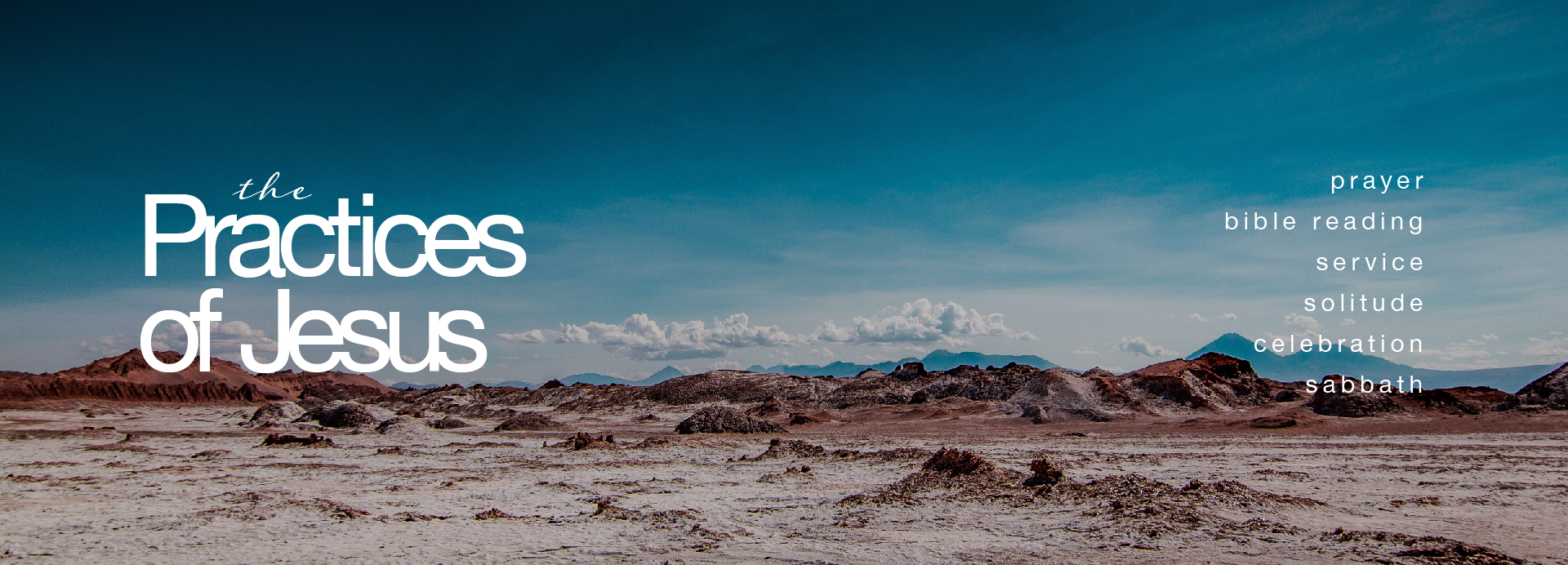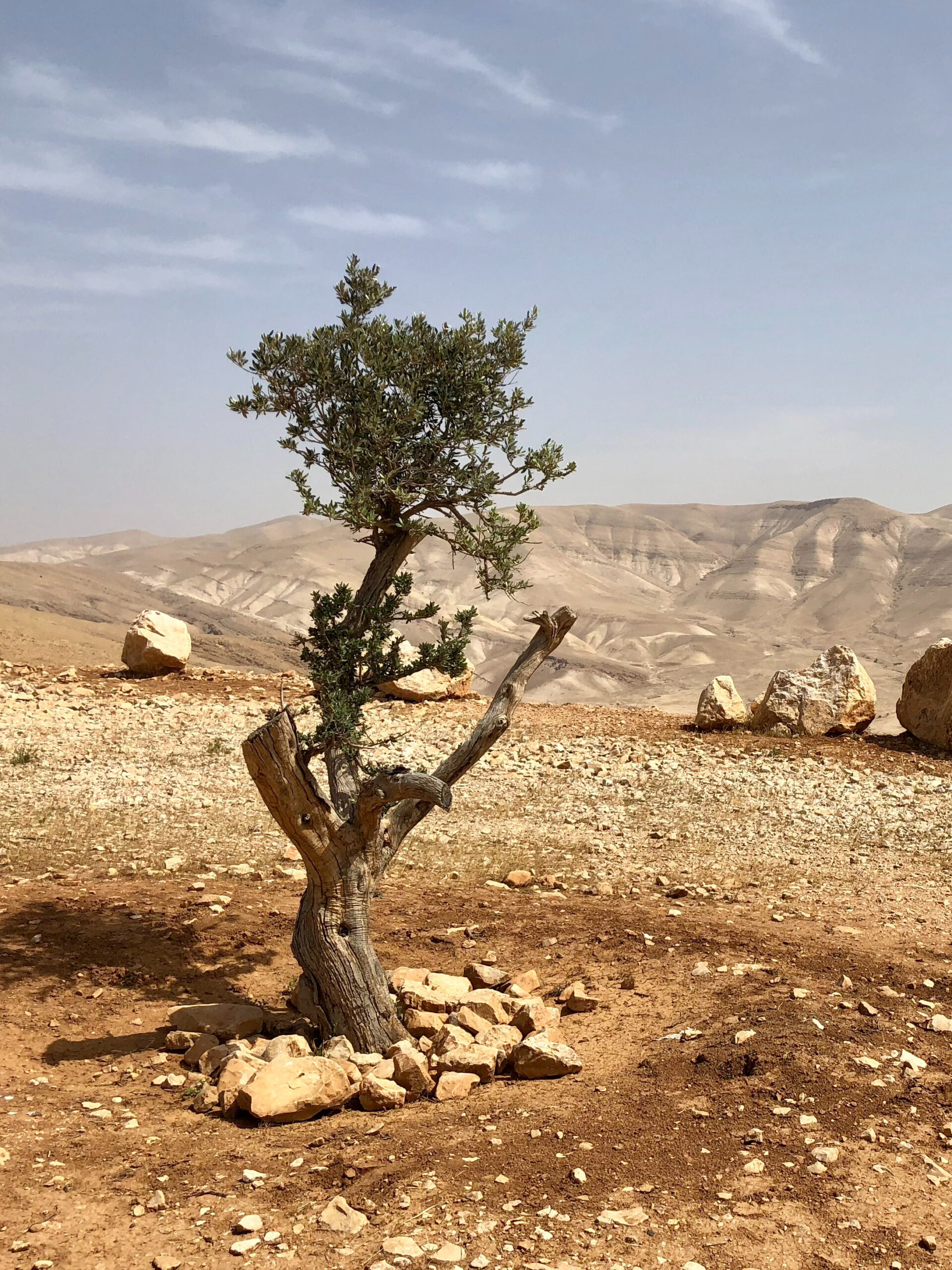This handbook is a guide to exploring and learning some of the Practices of Jesus and how these help us to grow in our faith and become more like Jesus. Many of you may know or refer to these as “Spiritual Disciplines”, but we will primarily use practices of Jesus as we hope that as you begin to practice these in your life that they will become disciplines. These practices are not meant to be a burden or something more we need to do, but rather they are to draw us closer to God and His power and presence in our lives.
We will not be covering every spiritual practice, but have chosen several that we hope will be encouraging to your soul. We have provided some additional resources at the end if you are interested in exploring other practices or learning more on a certain practice.
I want us to start by looking at an excerpt from Dallas Willard and “The Spirit of the Disciplines”. If we are going to be looking closer at these practices it is important for us to know the “why” behind them. Please take a few moments to read through the excerpt and ask yourself, what stands out to you? Why do you think it is important for us to look at these practices in our lives?
“To excel in anything in life discipline is required. This is true for athletes, musicians, plumbers, accountants, and disciples of Jesus. Effective discipline is not drudgery, it is delightful! Of course, training has difficult aspects, but the hard work pays off to facilitate ease and joy of living. Just watch a master pianist and you’ll see that he or she is not straining to do well, but enjoying the music. Hence Richard Foster insists that we’re meant to “celebrate” as we practice disciplines for growth in Christ.
Dallas Willard insists that more important than our disciplines is the attitude (or spirit) we bring. In other words, why are we doing an exercise? What is our purpose? We need a vision that the risen Christ is before us, inviting us to apprentice ourselves to him and learn how to live our whole lives in the Kingdom of God.
Two Keys to Success: Practice and Habit
A practice is something we can do that enables us to do what we haven’t yet been able to do by our own direct effort. When we practice these habits it connects us to a power much greater than our own – the Spirit of God that raised Jesus Christ from the dead!
So if you can’t break the power of an addiction to alcohol or pornography one step to get free (in addition to obvious measures like 12 Step Recovery, Celebrate Recovery psychotherapy, etc.) might be to fast from food. With practice you can experience the reality that fasting is feasting: even though you’re not eating you’re sustained in the joy and peace of God by meditating on Scripture and praying. If you can get past headaches and grumpiness when fasting and learn to be sweet and strong without getting the food you need then you can apply this to resisting your compulsive behavior.
The other way discipline works is because we’re developing new and healthy habits. You can’t be good at golf without developing a number of specific habits in your body — there are seemingly a hundred aspects to a good golf swing! We can’t even drive our cars safely without habits. Without thinking about it we notice conditions on the road and break when needed.
Our Spiritual life works the same way. We need bodily habits that engage our mind and heart with God. We want to get into a position in our daily lives where we find ourselves meditating on Scripture, praying, or blessing the one who curses us without even having intended to do so. Using an intelligently designed course of disciplines over time will do that. — From Dallas Willard, The Spirit of the Disciplines



